Learning Learner

What are some benefits of using flashcards for language learning ?
Flashcards are an effective tool for language learning that can be used to enhance vocabulary acquisition, reinforce grammar rules, and improve pronunciation. Here are some benefits of using flashcards for language learning: 1. Repetition and Memorization: Flashcards allow learners to repeatedly review vocabulary words and phrases, which helps to reinforce memory and retention. By consistently reviewing flashcards, learners can memorize new words and phrases more quickly and efficiently. 2. Portability and Convenience: Flashcards are small and lightweight, making them easy to carry around and study on the go. They can be studied at any time, whether during a break at work or while waiting in line at the store. 3. Customizable and Personalized: Learners can create their own flashcards with specific vocabulary words and phrases that they need to focus on. Flashcards can be tailored to each individual's learning style and goals, allowing for a more personalized learning experience. 4. Active Learning and Engagement: Flashcards require active participation from the learner, promoting engagement and motivation. The interactive nature of flashcards keeps learners engaged and interested in the learning process. 5. Versatility and Adaptability: Flashcards can be used for various aspects of language learning, including vocabulary, grammar, and pronunciation. They can be adapted to different levels of proficiency, making them suitable for both beginners and advanced learners. 6. Cost-Effective and Accessible: Flashcards are an affordable alternative to expensive language learning resources such as textbooks and software programs. They are widely available in print form or digital formats, making them accessible to anyone with internet access or a printer. In conclusion, using flashcards for language learning offers numerous benefits, including repetition and memorization, portability and convenience, customization and personalization, active learning and engagement, versatility and adaptability, and cost-effectiveness and accessibility. By incorporating flashcards into your language learning routine, you can enhance your vocabulary acquisition, reinforce grammar rules, and improve your overall language skills.
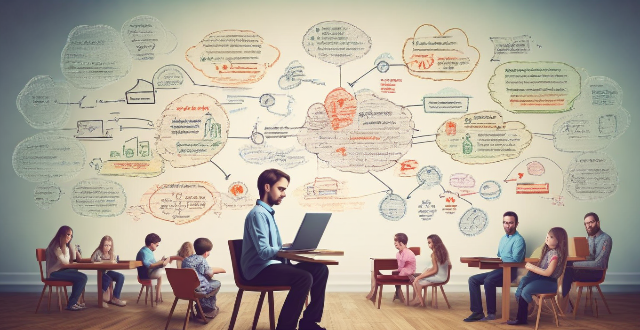
What are some benefits of using online learning resources compared to traditional classroom learning ?
Online learning resources offer advantages over traditional classroom learning, including flexibility and convenience, cost savings, personalized learning experiences, exposure to diverse cultures, and development of technology skills.
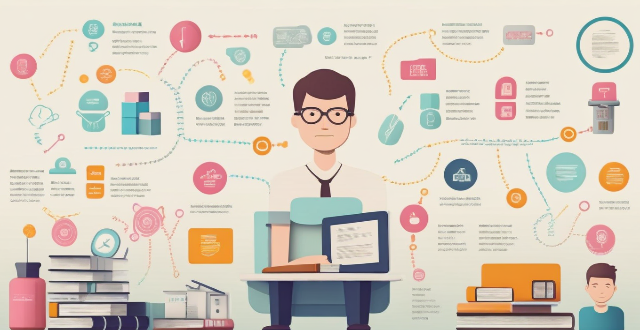
What are the benefits of using a remote education platform for learning ?
Using a remote education platform for learning offers numerous benefits that enhance the overall learning experience, including flexibility and convenience, personalized learning, collaboration opportunities, cost savings, access to quality education, improved learning outcomes, and environmental sustainability.

What are the benefits of using a learning management system (LMS) ?
The article discusses the advantages of using a Learning Management System (LMS) in education and training. The benefits include improved accessibility and convenience, personalized learning experiences, efficient course management, collaboration and community building, data-driven decision making, and cost savings. LMSs centralize content, enable self-paced learning, offer flexible scheduling, incorporate adaptive learning technologies, track progress, and gamify the learning process to make it more engaging. They also automate administrative tasks, scale efficiently, integrate with other tools, facilitate discussions and group projects, support live interactions, collect analytics and reporting data, issue digital certificates, and allow for continuous improvement. Additionally, LMSs reduce travel expenses, promote resource efficiency, and enable scaling without additional costs. Overall, an LMS is a powerful tool for modern education and training initiatives.

Can data analytics be used to personalize learning experiences for individual students ?
Data analytics is a powerful tool that can be used to personalize learning experiences for individual students by collecting data related to student performance, preferences and behaviors. This allows educators to tailor instruction to meet the unique needs of each learner. Data analytics can improve student outcomes, provide tailored instructional approaches, and use resources more efficiently. It can also identify student needs, design personalized learning plans and enhance teaching practices. By leveraging the power of data analytics, educators can better understand their students' needs, design effective learning plans, and enhance their teaching practices to promote improved outcomes for all learners.
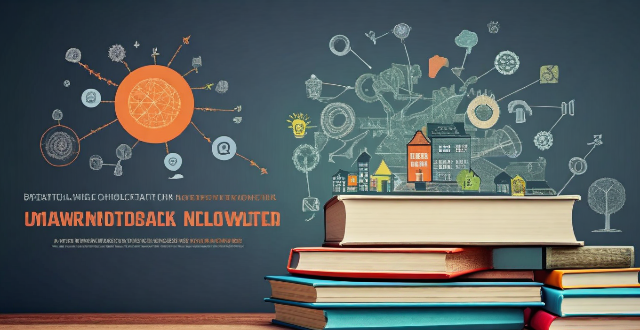
How does a knowledge framework aid in learning and understanding complex topics ?
The text discusses the importance and benefits of using a knowledge framework to aid in learning and understanding complex topics. A knowledge framework is an organized structure that helps to categorize, relate, and prioritize information, serving as a mental model or conceptual map that guides the learning process. The importance of a knowledge framework includes facilitating organization, enhancing comprehension, promoting deeper analysis, and supporting critical thinking. The benefits of using a knowledge framework include simplifying information overload, building stronger associations, enabling better recall and application, improving memory retention, and facilitating application. The text also discusses the application of a knowledge framework in education and training, research and analysis, and professional settings. Overall, the development and utilization of a knowledge framework is crucial for anyone aiming to master challenging subjects and apply that knowledge effectively.
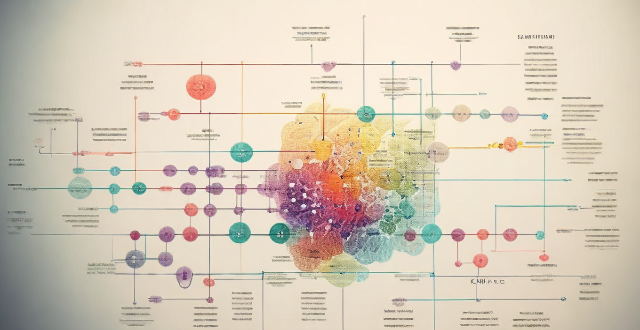
What are some effective strategies for lifelong learning ?
Lifelong learning is crucial for personal growth and adaptability. Effective strategies include setting clear goals, creating a learning plan, leveraging technology, practicing active learning, seeking mentorship, and embracing failure for continuous improvement.
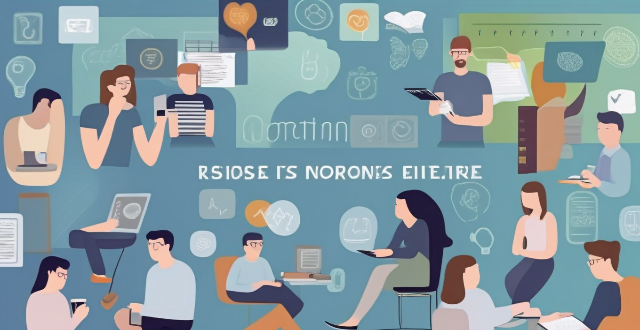
Can you recommend any good online learning resources for language learning ?
Here are some good online learning resources for language learning: Duolingo, Rosetta Stone, Memrise, Babbel, italki, Lingoda, Busuu, Coursera, Edx, and FluentU. These platforms offer courses in various languages and use different approaches to teaching, such as interactive lessons, immersive experiences, flashcards, conversation skills, one-on-one tutoring, and real-world videos.

What are some creative home teaching strategies for young learners ?
Teaching young learners at home can be a challenging yet rewarding experience. To make the most of this opportunity, it's essential to employ creative strategies that engage children and foster a love for learning. Here are some innovative approaches to consider: 1. Incorporate Hands-On Activities: Children learn best through hands-on experiences. Incorporating activities like arts and crafts, science experiments, or cooking projects can help reinforce concepts and make learning fun. 2. Use Multimedia Resources: Utilize various forms of media to cater to different learning styles and keep lessons interesting. 3. Create a Learning Environment: Design a space at home dedicated to learning that is both comfortable and conducive to study. 4. Encourage Independent Learning: Foster self-directed learning by allowing children to explore topics they are interested in. 5. Make Learning Relevant: Connect new information to your child's life experiences to enhance understanding and retention. 6. Set Goals and Rewards: Establish clear goals and reward systems to motivate young learners. 7. Involve the Whole Family: Involve other family members in the learning process to create a supportive community atmosphere.
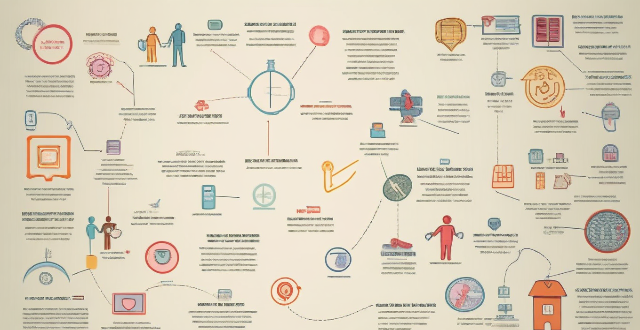
What are the benefits of applying educational psychology in curriculum design ?
The application of educational psychology principles in curriculum design can significantly improve student learning outcomes, promote their well-being, support teacher effectiveness, address diversity and inclusion, and align with modern educational goals. This approach enhances cognitive development, motivation, adaptive learning strategies, reduces anxiety, increases self-esteem, develops social skills, informs instructional decisions, encourages professional growth, aids classroom management, integrates cultural sensitivity, addresses special education needs, differentiates instruction, prepares students for future challenges, fosters lifelong learning, and effectively uses technology. Overall, this holistic approach to curriculum design benefits both students and educators, preparing learners for success in the 21st century.
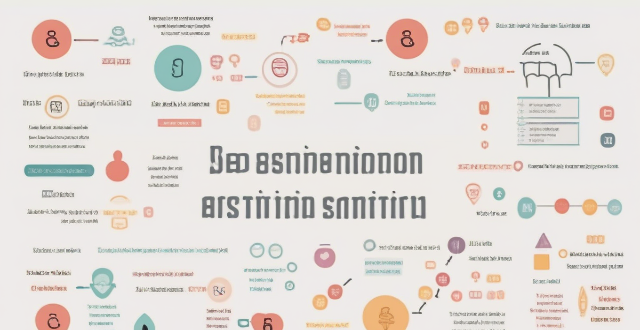
How can I develop a habit of lifelong learning ?
Lifelong learning is crucial for staying relevant and competitive. To develop this habit, set clear goals, create a learning plan, make learning part of your daily routine, embrace challenges, stay curious, connect with others, reflect on your journey, and continuously update your skills.

What are the best online learning resources for beginners ?
The text provides a list of online learning resources for beginners, including Khan Academy, Coursera, edX, Udemy, Codecademy, Duolingo, Skillshare, and LinkedIn Learning. Each resource offers courses in various subjects, from computer science to language learning, and many are free or have affordable options available.

How can employers encourage and support lifelong learning among employees ?
Employers can support lifelong learning by offering resources, encouraging participation in training programs, providing opportunities for career development, and creating a collaborative learning environment.
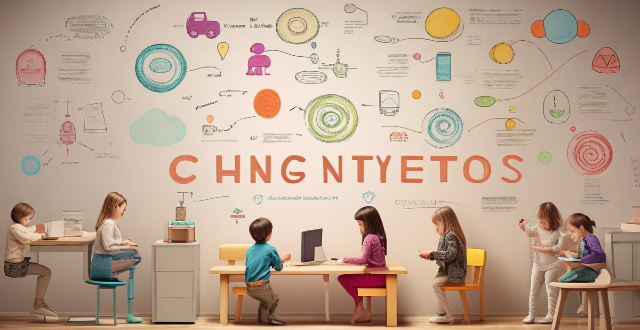
How important is it to have a dedicated space for homeschooling ?
The text discusses the importance of having a dedicated space for homeschooling. It explains how such a space can create a conducive learning environment, bring structure and discipline to the process, promote independence and responsibility, and enhance collaboration and communication among learners. The text also highlights the benefits of reduced distractions, increased focus, comfort, safety, scheduled routines, organized study materials, dedicated workspaces, self-management, time management, independence, group study sessions, parental involvement, and feedback mechanisms. Overall, the text emphasizes that investing in a suitable study area can ensure that children receive the best possible education at home.
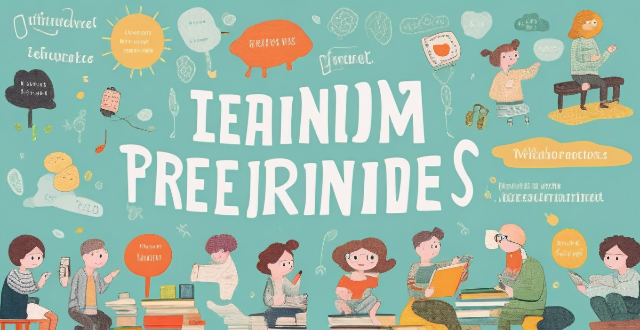
Are there any good online learning resources for language learning ?
Good online learning resources for language learning include Duolingo, Memrise, Rosetta Stone, Babbel, and Busuu. Each platform has its unique features and strengths, such as interactive lessons, memory techniques, immersive experiences, conversational focus, and community support. These resources can help learners achieve fluency in their target language by providing engaging and effective ways to learn vocabulary, grammar, pronunciation, and cultural insights.

What are the benefits of using flipped classroom models as an innovative teaching strategy ?
The flipped classroom model is an innovative teaching strategy that reverses the traditional learning environment by delivering instructional content outside the classroom and using class time for interactive learning activities. This approach offers several benefits, including enhanced student engagement, improved student performance, optimized classroom time, increased teacher efficiency, promotion of lifelong learning skills, cultivation of a collaborative environment, support for differentiated instruction, encouragement of parental involvement, and flexibility for teacher innovation. Overall, the flipped classroom model empowers both students and teachers to make the most out of their educational experience by leveraging technology, fostering engagement, and promoting a culture of collaboration and lifelong learning.
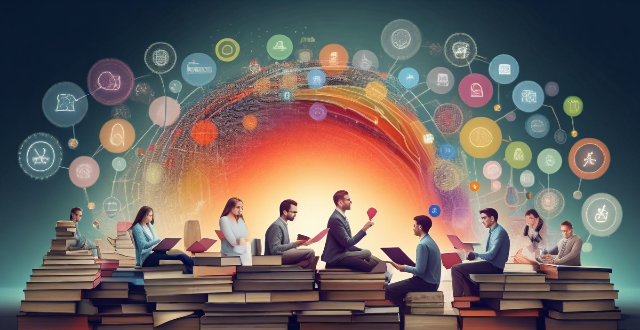
What is lifelong learning and why is it important ?
Lifelong learning is the continuous process of acquiring new knowledge, skills, and attitudes throughout one's life. It is important for personal development, professional growth, social contribution, economic benefits, health and well-being, and global citizenship. To embrace lifelong learning, individuals can set learning goals, create a learning plan, seek out opportunities, stay curious, reflect on their learning, and share their knowledge with others.

How do mind maps aid in studying and retaining information ?
Mind maps are a visual tool that aids in studying and retaining information by improving organization, enhancing creativity, promoting active learning, and facilitating recall. They provide a logical structure for organizing thoughts and connecting ideas, making complex information more accessible. Mind maps also encourage brainstorming and experimentation, leading to better learning outcomes. Additionally, they promote deeper learning through active participation and reflection on understanding. Finally, mind maps facilitate recall by providing visual cues and breaking down information into manageable chunks. Incorporating mind maps into your study routine can boost academic performance and achieve better results in your studies.
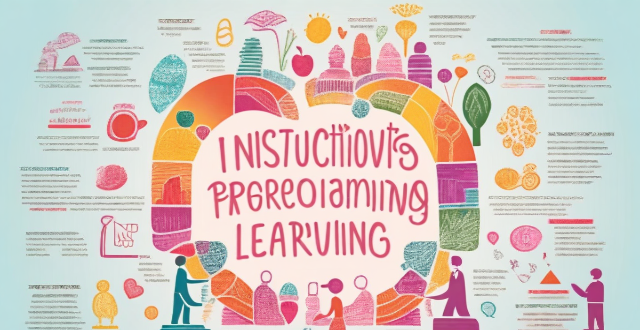
What role do educational institutions play in promoting lifelong learning ?
Educational institutions promote lifelong learning by encouraging a love for learning, providing access to educational resources, offering continuing education opportunities, and fostering collaboration and partnerships.

How do I start learning golf ?
Golf is a popular sport that can be enjoyed by people of all ages and skill levels. If you're interested in learning how to play golf, here are some steps to help you get started: 1. Understand the basics of golf, including the rules and etiquette. 2. Choose the right equipment, such as a set of beginner-friendly clubs. 3. Take lessons with a PGA professional for personalized instruction. 4. Practice regularly at a driving range, putting green, or chipping area. 5. Play on an actual golf course once you've gained confidence from practicing. 6. Join a golf community to enhance your learning experience and meet other players. 7. Stay patient and have fun while enjoying the process of learning and playing golf.
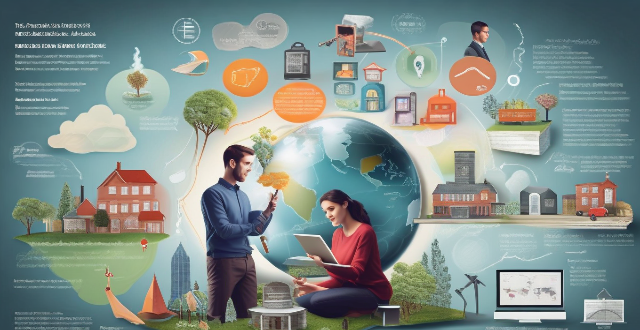
How does technology facilitate lifelong learning ?
Technology has revolutionized education, making it more accessible, interactive, and personalized. It facilitates lifelong learning through online resources, digital libraries, simulation software, gamification, adaptive platforms, mobile learning, social media groups, online workshops, instant feedback, cost efficiency, and globalization of education. Technology offers a wealth of benefits for learners of all ages and backgrounds.
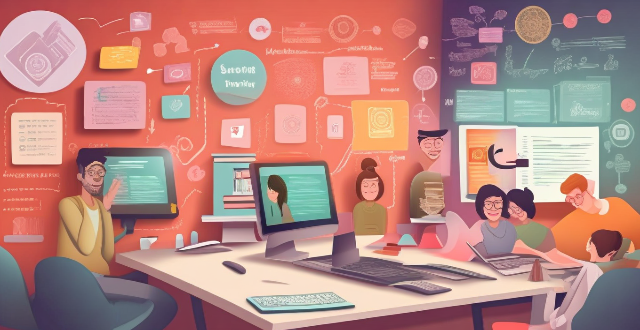
How does personalized learning through adaptive software benefit students ?
Adaptive software in education offers personalized learning experiences, enhancing student engagement, academic performance, and key skill development. It supports inclusive education, prepares students for future challenges, and makes learning more efficient and effective.
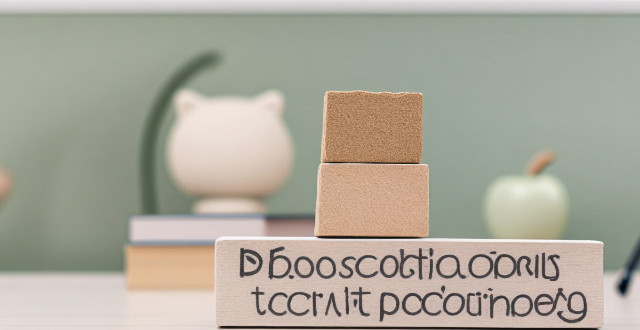
How does educational psychology impact student learning ?
Educational psychology plays a crucial role in understanding and enhancing student learning. It helps educators understand cognitive development, enhance motivation and engagement, promote social-emotional learning, address diverse learning needs, and evaluate teaching strategies and interventions. By incorporating insights from educational psychology into their practice, teachers can create a more effective and supportive learning environment for all students.

What is the role of gamification in education, and what tools support it ?
Gamification plays a pivotal role in education by making learning more engaging and effective. It enhances student engagement, promotes active learning, increases motivation, fosters competition and collaboration, provides real-time feedback, adapts to individual needs, and makes learning fun. Numerous tools and platforms support the implementation of gamification in education, such as BadgeOS, Classcraft, Kahoot!, Duolingo, Quizizz, and Manga High. These tools demonstrate how gamification can be integrated into various subjects and age groups, making education more dynamic and engaging for students. By leveraging these platforms, educators can transform traditional classrooms into exciting learning environments that prepare students not just academically but also for future workplaces where many industries are adopting gamified approaches to training and development.
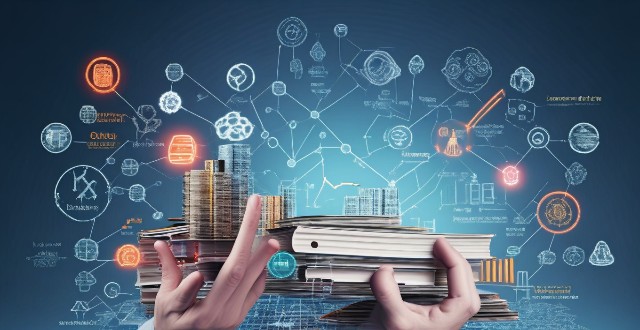
How does lifelong learning impact career development ?
Lifelong learning is a continuous process of acquiring new knowledge and skills that can significantly impact career development. It enhances skills, adaptability, creativity, personal growth, networking opportunities, and career longevity. By engaging in lifelong learning, individuals can stay relevant in their professions, adapt to changing job requirements, and increase their chances of career success.
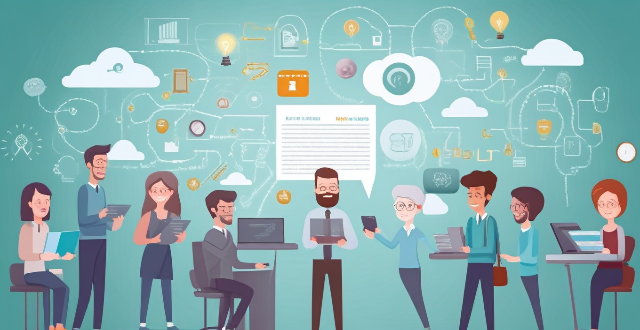
How do online learning platforms enhance student engagement and performance ?
The article discusses how online learning platforms enhance student engagement and performance. It mentions personalized learning experiences, interactive content and multimedia, collaboration and communication tools, gamification and rewards, flexibility and convenience, and immediate feedback and support as key features of these platforms that contribute to improved student outcomes.
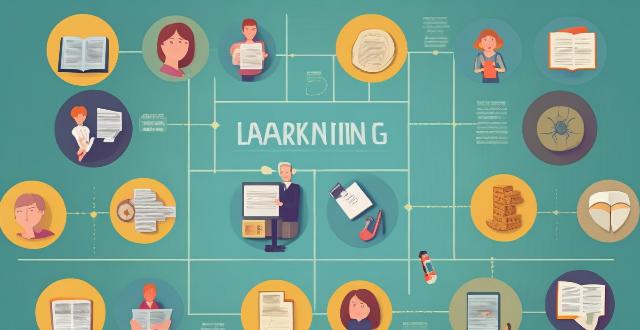
What are the benefits of lifelong learning ?
Lifelong learning, a process of continuous and voluntary learning throughout one's lifespan, offers numerous benefits that positively impact an individual's personal and professional life. These include improved cognitive abilities, increased self-esteem and confidence, personal fulfillment and satisfaction, enhanced career opportunities, higher earning potential, greater professional network, economic growth, social inclusion and cohesion, and environmental sustainability. By embracing the concept of lifelong learning, individuals can lead richer, more fulfilling lives while contributing positively to society as a whole.

What role does intrinsic motivation play in learning and how can I cultivate it ?
Intrinsic motivation is a key factor in enhancing the learning process. It leads to increased engagement, persistence, and deeper understanding of material. To foster this type of motivation, one should focus on promoting autonomy, competence, relatedness, personal interest, and a mastery orientation. Strategies include offering choices, providing clear feedback, building community, connecting to interests, and emphasizing the learning journey over just the outcome.
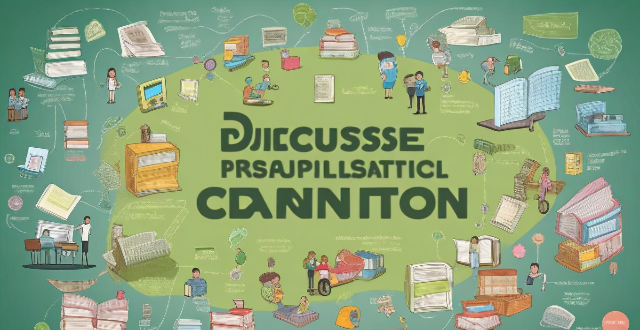
Can remote education platforms replace traditional classroom learning ?
The text discusses the pros and cons of remote education platforms and concludes that they cannot fully replace traditional classroom learning due to lack of social interaction, difficulty with self-motivation, and limited hands-on experience. However, a combination of both methods may provide a well-rounded education.
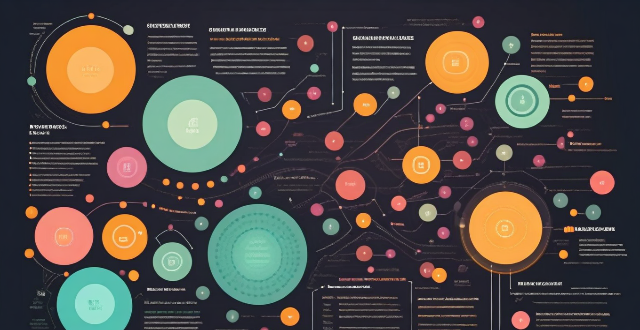
How do language learning apps incorporate grammar and vocabulary into their lessons ?
Language learning apps incorporate grammar and vocabulary into lessons through interactive contextualized learning, gamified exercises, spaced repetition techniques, personalized learning paths, multimedia content, social interaction opportunities, and offline learning features. These methods aim to make the acquisition of a new language efficient, engaging, and adaptable to individual learners' needs and preferences.